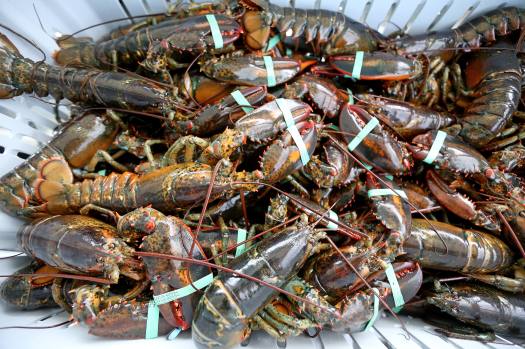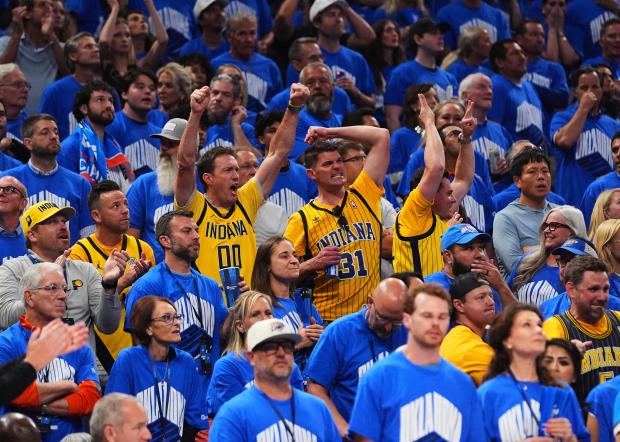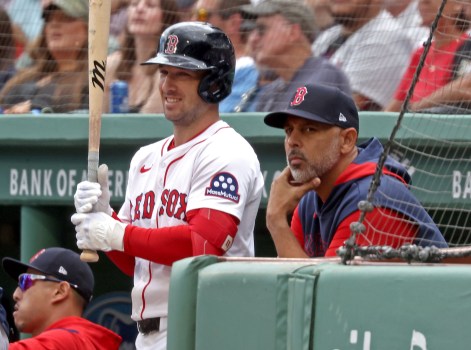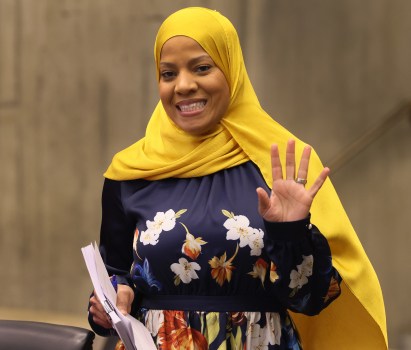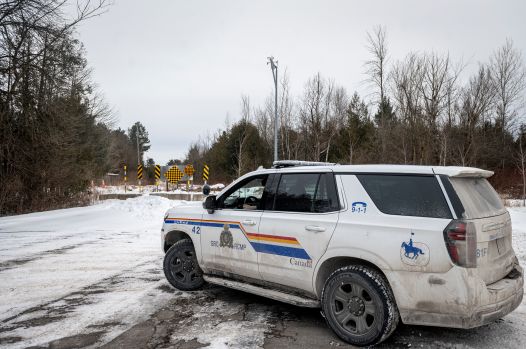In what one lawyer calls a foolish desire for uniformity, Cape Cod lobstermen are attempting to fight off state and federal laws that they claim could force them out of business.
Lobstermen will be subject to stringent regulations starting July 1st when collecting specific female lobsters in state and federal seas surrounding outer Cape Cod, which include a portion of upper Cape Cod Bay and stretch from Chatham to Provincetown’s Race Point.
Reopening a decades-old federal lawsuit, the Outer Cape Lobstermen’s Association, a group of around 70 lobster trap fishermen with licenses from Massachusetts, is retaliating against the Atlantic States Marine Fisheries Commission and the state Division of Marine Fisheries.
A status conference about the dispute is set for Monday in federal court in Boston.
According to an association lawyer, the rules that will take effect next week will effectively outlaw the fishing for so-called V-notched lobsters, which lobstermen have been permitted to capture in the Outer Cape Cod Conservation Management Area under a 2000 settlement.
The Commonwealth and the association created a regulatory framework for outer Cape Cod in 2000 that is different from that of other state lobster conservation management regions. In exchange for more stringent gauge size standards, the settlement allowed lobstermen in the area to fish for the majority of V-notched lobsters.
According to lawyer Samuel Blatchley, the approach has been successful in protecting lobster populations and sustaining OCC fishermen’s livelihoods. However, in the outer Cape Cod waters, state fishery officials are reversing course and enforcing a v-notch possession requirement of 1/8 depth with or without setal hairs.
V-notching, in which harvesters make a notch in a particular tail flipper of an egg-bearing lobster, is viewed by fishery officials as a conservation technique. When the lobster is recovered, all harvesters are required to put it back into the ocean.
The Outer Cape Cod conservation management area has different regulations for state-only permit holders and federal permit holders, according to the state Division of Marine Fisheries. This action aligns the regulations for state-only permit holders with the existing regulations for federal permit holders.
In order to prevent the unlawful and disastrous regulation from going into effect next week and to maintain the status quo while awaiting judicial review, the Outer Cape Lobstermen’s Association is requesting a temporary restraining order, preliminary injunction, and administrative stay from a federal court.
Blatchley characterized the revised V-notch possession rule as unethical fishery management in a memo submitted in support of the group’s request.
In the memorandum filed on Friday, Blatchley stated that this legislation is motivated by a misplaced desire for uniformity rather than conservation needs. It also violates federal law, unconstitutionally commandeers state authority, and jeopardizes the Plaintiff’s members’ ability to make a living.
According to the Outer Cape Lobstermen’s Association’s estimations, members will experience a 25% decrease in their catch if the moratorium is implemented and enforced, said Brendan Adams, the organization’s president, in a declaration filed with the federal court on Friday.
According to Adams, this will put our members through extreme financial hardship and probably force many of them out of business, which will result in a decrease in dues from those members.
According to state fishery officials, lobstermen in the Bay State will have to deal with further regulation changes this year in addition to the V-notch possession requirement on the Cape.
Additionally, the Division of Marine Fisheries is modifying the minimum escape vent diameters and the minimum and maximum carapace size requirements for traps. It claims that the modifications are intended to adhere to federal law.
The government said in a small company impact statement that it believes this proposed law might affect about 1,100 small firms, but that it won’t by itself promote or inhibit the establishment of new companies.
According to the Division of Marine Fisheries, these addenda were created to boost the spawning stock biomass of the Gulf of Maine/Georges Bank lobster stock by taking proactive steps in response to declining recruitment trends and an expected drop in stock abundance that is mostly caused by environmental factors.
In court-filed documents, Blatchley and Adams cite Philip Coates, the Division of Marine Fisheries’ then-director, as saying to the Cape Cod Times in 2000 that he wasn’t sure if V-notching was a successful conservation strategy.
At the time of the settlement, Coates stated, “We’re not going to save the lobster resource with V-notching and a maximum gauge.” I know deep down that the lobstermen of the Outer Cape are right.
